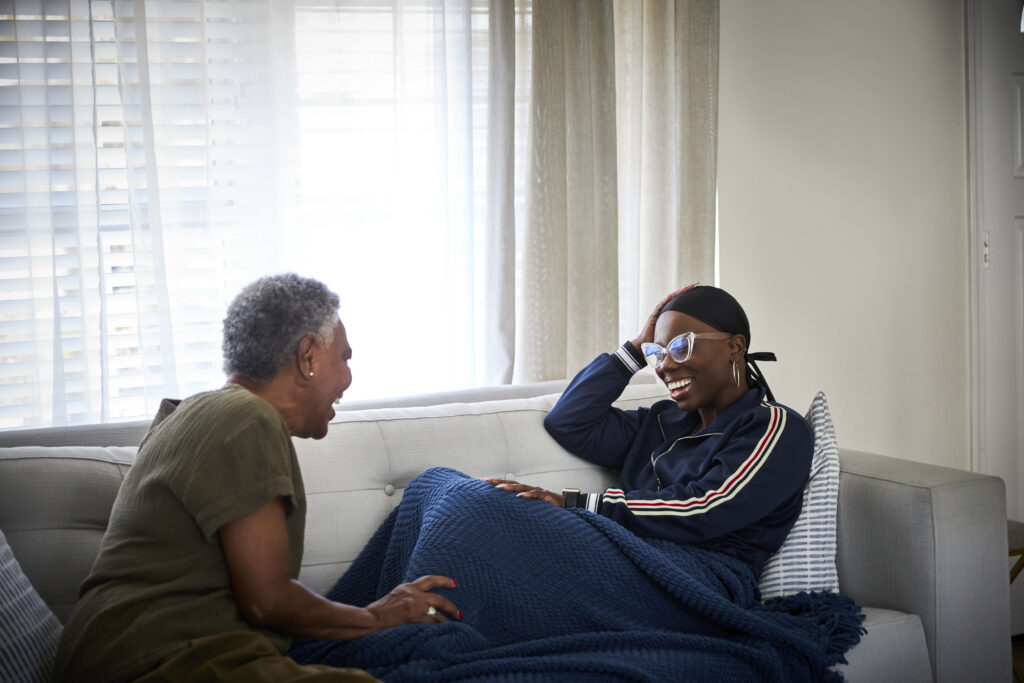
The most socially vulnerable counties are less likely to have any cancer clinical trial, according to a research letter published online May 7 in JAMA Network Open. Black people, particularly Black women are more likely to live in these socially vulnerable counties.
Rishi Robert Sekar, M.D., from the University of Michigan in Ann Arbor, and colleagues examined the association between county-level social determinants of health (SDOH) and cancer clinical trial availability in the United States. Cross-sectional and longitudinal analyses of county-level trial availability and SDOH were performed.
The study included 3,142 counties with a mean Social Vulnerability Index (SVI) of 0.50 and median population of 10,163 people. The researchers found that 58.4 percent of the counties included in the study had any trial during the study period, while the mean number of county-level population-adjusted trials was 342.1.
The most socially vulnerable counties were less likely than the least socially vulnerable counties to have any trial in a multivariable analysis (49.6 versus 70.0 percent; odds ratio, 0.33), and they had fewer population-adjusted trials (223.4 versus 579.2; incidence rate ratio, 0.39).
Throughout the study period, these observations were seen across SVI quintiles, with stable differences noted in the proportion of counties with any trial and a relative increase in the mean number of trials for the least socially vulnerable counties.
“This study emphasizes the role of SDOH in the disparate availability of cancer clinical trials and demonstrates the need to identify socially vulnerable communities for expansion of trial opportunities toward improving representation in studies and ensuring equitable cancer care,” the authors write.
What does this mean for you?
Black people having little access to cancer clinical trial can be detrimental to our cancer survival rates. Clinical trials offer the chance to be among the first to receive new and potentially more effective therapies for cancer. These treatments may not yet be widely available, but could significantly improve outcomes.
Black women are also more likely to die from breast cancer than white women, even at similar stages of diagnosis. Clinical trials that include Black participants help researchers understand how different populations respond to treatments, leading to more equitable and effective care in the future.
By participating in a clinical trial, Black women can directly contribute to the development of new treatments that are better suited for a wider range of patients. This fosters progress in cancer treatment and benefits future generations.








![Black Brilliance: ‘Beyond The Gates’ Cast Celebrates Renewal & Refreshing Representation At ESSENCE Fest [Exclusive]](upload/news/image_1752105616_35380164.jpg)










